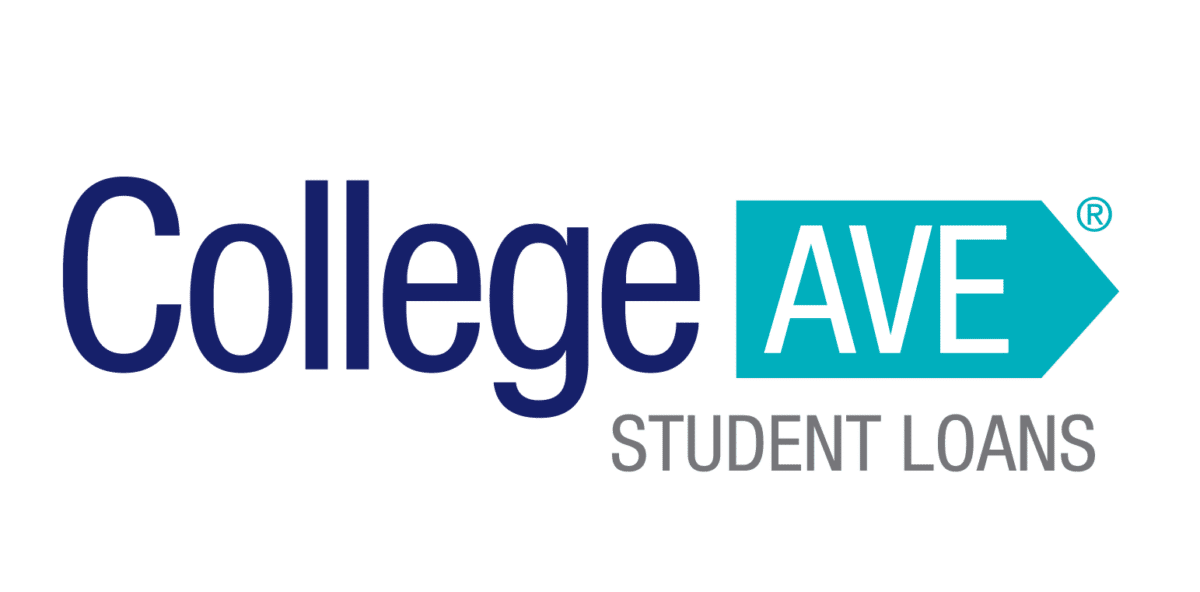
Federal student loans are one of the primary ways that students pay for their college education. These loans are backed by the U.S. Department of Education and serviced by partner loan servicers. But federal loans aren't the only way to pay for college.
Borrowers often use private student loans to pay for their education and other expenses after exhausting other financial aid options. Depending on your credit, you might qualify for lower interest rates through a private student loan. However, private student loans typically don't offer the repayment options and protections that federal student loans provide, like deferment, forbearance, and loan forgiveness.
Here's a deeper look at private student loans, how they differ from federal student aid, and what college students need to know before applying for a private student loan.
Who can get a private student loan?
Qualifying for a private student loan is generally more complicated than a federal student loan. Private lenders don't have the federal government's backing, so they protect themselves from lending risks through underwriting policies. You'll be subjected to a credit check when you apply for a private student loan.
Lenders will use your personal information to look at several determining factors like:
- Your credit score.
- Your credit history.
- Repayment history.
- Debt-to-income (DTI) ratio.
- Income.
- Employment history.
Credit requirements often vary depending on the lender, but typically you need at least good credit to qualify for a private student loan. Some lenders allow you to apply with a cosigner with established credit if you don't meet the minimum requirements for a private loan.
Cosigners are generally those you trust and have an intimate relationship with, such as a parent, grandparent, another family member, friend or mentor. Being a cosigner is risky since if you can't pay off your loan, the financial obligation falls on your cosigner.
Related: 7 Lenders Offering Private Student Loans Without a Cosigner
Beyond financial requirements, private lenders often have other requirements borrowers must meet to get a student loan. Typically, you need to be a U.S. citizen or permanent resident, but some lenders also lend to international students. You might also need to prove that you’re seeking a degree, attending school at least half-time and meeting the academic standards set by your school.
Private student loan borrowing amounts
Lenders typically set annual loan limits as well as aggregate limits. Private student loans operate somewhat differently. Each lender sets its own lending limits, often depending on your credit and the type of degree you’re pursuing.
In many cases, private lenders let you borrow up to 100% of your school-certified cost of attendance, which can include:
- Tuition.
- Housing.
- Books and supplies.
- Transportation.
- Fees.
- Other expenses.
Typically lenders work with your school to certify loan disbursement amounts so you don't borrow more than what's required to pay leftover expenses. Many private lenders also set minimum loan amount requirements.
Repayment terms for private student loans
The time frame to pay off private student loans depends on the repayment terms set forth by your lender. Some lenders allow you to choose from multiple loan term lengths. Your loan term length can also affect your monthly payment. Unlike some federal loans, repayment on most private loans starts as soon as the loan funds are disbursed.
Loan repayment might also depend on your interest rate. Some lenders let you choose between variable or fixed interest rates. With a fixed rate, your rate is locked in for the entirety of your loan repayment period. You typically start with a lower rate with variable interest rates, but it can fluctuate throughout the repayment term.
The length of your repayment also depends on whether you make payments while attending school. Some lenders allow you to pay off your loans while in school or make interest-only payments to help reduce the amount of interest that accrues on your loan.
You can also make extra payments on your loan to pay it off early. Doing so shortens your repayment period and saves you money in interest charges, lowering your total loan amount. Federal law prohibits lenders from charging prepayment penalties on federal and private student loans.
Interest rates for private student loans
Lenders set interest rates based on your creditworthiness and other factors. The best lowest interest rates are typically reserved for borrowers with stellar credit and exceed other lender requirements.
If your credit isn't up to par, you might need the help of a cosigner to qualify for a loan and lower interest rate. Most lenders allow you to check rates before applying for a loan. They perform a soft credit check to get a general idea of your creditworthiness which doesn't affect your credit score. When you apply for a private student loan, lenders perform a hard credit check, which can cause your credit score to drop temporarily.
What to do before taking out private student loans
Taking out private student loans can help you pay for expenses not covered by other sources. Most borrowers should use private loans as a last resort after other financial aid is exhausted. Consider the following tips before taking out a private student loan.
- Consider other alternatives: Fill out the Free Application for Federal Student Aid (FAFSA) annually and exhaust federal loan options first. Look for other ways to pay for college before applying for a private loan. If you took out federal loans, see if you qualify for student loan forgiveness.
- Check your credit: Knowing your credit score and checking your credit report will help you gauge where you stand and whether you will qualify for a loan on your own. It can also help you catch any errors or omissions on your credit report that could affect your credit. You can get free copies of your credit reports online at AnnualCreditReport.com.
- Determine your needs: How much assistance do you need to cover education expenses? Sit down and take stock of your needs to see if it makes sense to seek out private student loans.
6 steps to apply for a private student loan
Most lenders allow you to apply online for a private student loan. Sometimes, you will receive a decision within minutes, although it can take several days, depending on your situation. Finding and applying for the best private student loan takes a little work.
Follow these steps to apply for a loan.
1. Shop around
Scoring the lowest interest rate can lower your total loan cost. Check rates with multiple lenders, including banks, credit unions and online lenders, to ensure you qualify for a private loan.
Compare rates to find the best deal for your needs. While checking rates, see what repayment plans are available and if the lender offers any borrower protection like loan deferment.
2. Choose the right loan
Find the right loan not only for your financial situation but for your educational needs, too. Some lenders offer specific private loans geared toward specific degree programs or career fields, like medical school loans or dental school loans.
These loans are designed specifically for individuals pursuing a specific career field and may offer higher limits or more flexibility than a general private loan. Many lenders offer undergraduate loans and loans for graduate students.
3. Make sure your school qualifies
Not all schools qualify for private lending. In many cases, your school must be considered a Title IV school for you to qualify for a private student loan. Check with your lender or school before applying for a loan.
4. Gather your information
Have all of your personal information ready before applying for a loan. Here's some of the information you may need when applying for a loan:
- Full name and address.
- Date of birth.
- Social Security number.
- Gross annual income.
- Recent pay stubs.
- Latest tax returns.
- Rent or mortgage payment information.
- Cosigner information (if using one).
When applying, you'll also need to provide your college or university name, your intended major and graduation date, and the school’s cost of attendance.
5. Apply for a private student loan
Once you're ready, follow the lender's application process which can typically be done online or in person, if using a local bank or credit union. Pay attention to the fine print when filling out the application, so you're familiar with the lender’s terms and conditions. Fill out all of the required information completely and accurately.
6. Await a decision
Once you've completed the loan application, it's time to wait for a decision. Your wait could be minutes depending on the lender, but there's nothing you can do regardless of the wait time.
After the lender performs a credit check and verifies your information, you’ll receive an official decision. If approved, you must respond and accept the loan to receive funding. Funds can take several weeks to reach your school so plan ahead.
Should you apply for a private student loan?
Private student loans can be helpful but aren't suitable for everyone. Besides federal student loans, look into other options to pay for college like scholarships, grants, work-study programs and getting a part-time job.
A private loan can help you bridge the gap and cover any remaining expenses if you've exhausted other aid options. Shop around to find the best private student loans for your situation. You can also always try to refinance your private loans later to lower your interest rate and save considerable money on your student debt.
| Lender Name | Lender | Offer | Learn more |
|---|---|---|---|
| Sallie Mae |

|
Competitive interest rates.
|
Fixed 4.50 - 15.69%
Variable 6.37 - 16.78%
|
| Earnest |

|
Check eligibility in two minutes.
|
Fixed 4.67 - 16.15%
Variable 5.87 - 18.51%
|
| Ascent |

|
Large autopay discounts.
|
Fixed 4.09 - 14.89%
Variable 6.22 - 15.20%
|
| College Ave |

|
Flexible repayment options.
|
Fixed 4.07 - 15.48%
Variable 5.59 - 16.69%
|
